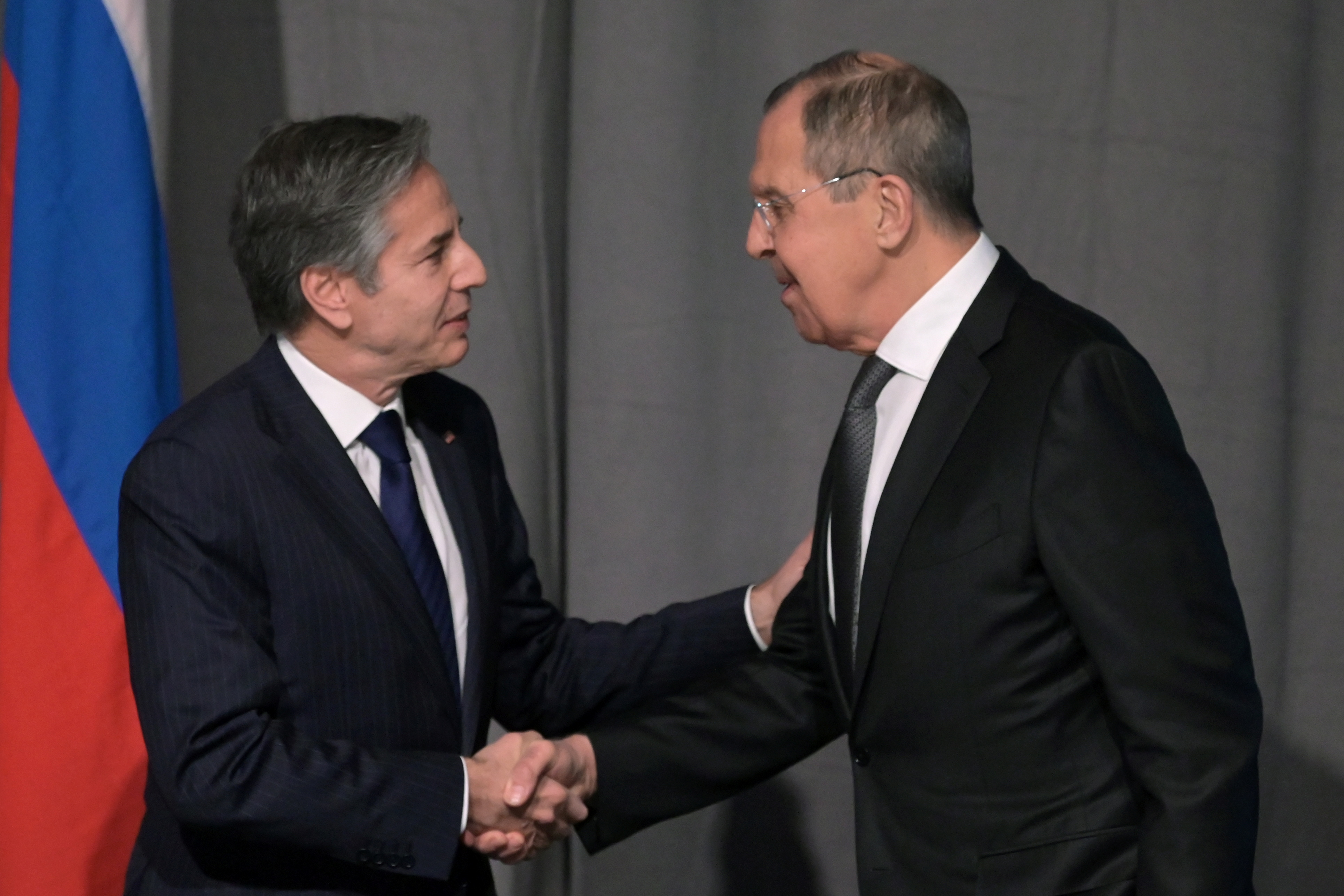Strong criticism of Russia’s attitude towards Ukraine and the use of immigrants as a weapon of pressure by Belarus against Poland, Lithuania and Latvia marked the plenary session of the Organization for Security and Cooperation in Europe (OSCE) on Thursday. ) in Stockholm.
US Secretary of State Antony Blinken told the press after a meeting with Russian Foreign Minister Sergey Lavrov that Washington is “deeply concerned because Russia has plans to attack Ukraine.”
Blinken directly urged Moscow: “Russia has to change course in relation to Ukraine” and withdraw troops and military equipment located near its border with Ukraine to their “normal positions”.
The Ukraine question thus dominated part of the first day of the 28th OSCE ministerial meeting.
Blinken said that if Russia continues its aggression against Ukraine the reaction could be of “high impact” economic sanctions, of which he assured that Moscow is informed.
The ministerial meeting was attended by the Spanish Foreign Minister, José Manuel Albares , who declared that Spain fully supports the territorial integrity of Ukraine, and condemned the employment of immigrants by Belarus on its border with Poland, Lithuania and Latvia.
Albares communicated Spain’s support to those countries against the use made by the Minsk regime for immigrants to try to cross their borders illegally and en masse.
The Spanish minister’s words on Ukraine, addressed to Russia, mirrored those of other participants in the plenary session of the OSCE meeting, held under the 2021 Swedish rotating presidency at a conference center near Stockholm airport.
Canadian Foreign Minister Mélanie Joly also raised concerns about Russian troop movements near the Ukrainian border and condemned the closure of OSCE observation posts.
They were on the official border with Russia, now in separatist territory, and the minister also condemned the arrest and harassment of her country’s personnel in the area.
Joy declared that it is “despicable” that Belarus uses migrants who want to access the territory of the European Union to fuel a conflict with its neighbors.
The Canadian, as did other OSCE delegations at the meeting, also regretted Russia’s withdrawal from the Open Skies program, which allowed for aerial surveillance by member countries in each other’s territories.
Russian Minister Lavrov declared at the OSCE meeting that his country is being treated unfairly and spoke of a framework of “black versus white confrontation”, in which, said the NATOit is considered above other countries in the organization. “Multilateralism cannot work if one group is above another,” Lavrov declared.
The Russian minister also accused the United States of planning to redeploy medium-range missiles in Europe after having placed air defense missile systems in the territory.
And he warned that neither Ukraine nor Georgia should become members of NATO. He added that anyone who defends that third countries – referring to Russia and its allies – have nothing to say about the expansion of the Atlantic alliance “are playing with fire.”
On Ukraine, Lavrov insisted that Kiev recognizes the special status of the Lugansk and Donetsk districts, which are now under the control of the separatists.
He stated that Russia wants to dialogue with NATO, but said it will use those contacts to insist that there cannot be an expansion of the alliance to the east and that the United States cannot deploy weapons that can reach Russian territory.
In addition to the issues on Ukraine, Georgia and the Nagorno-Karabakh region, participants at the OSCE meeting highlighted the need to defend democracy against growing authoritarianism and to promote the rights of women and minorities.

